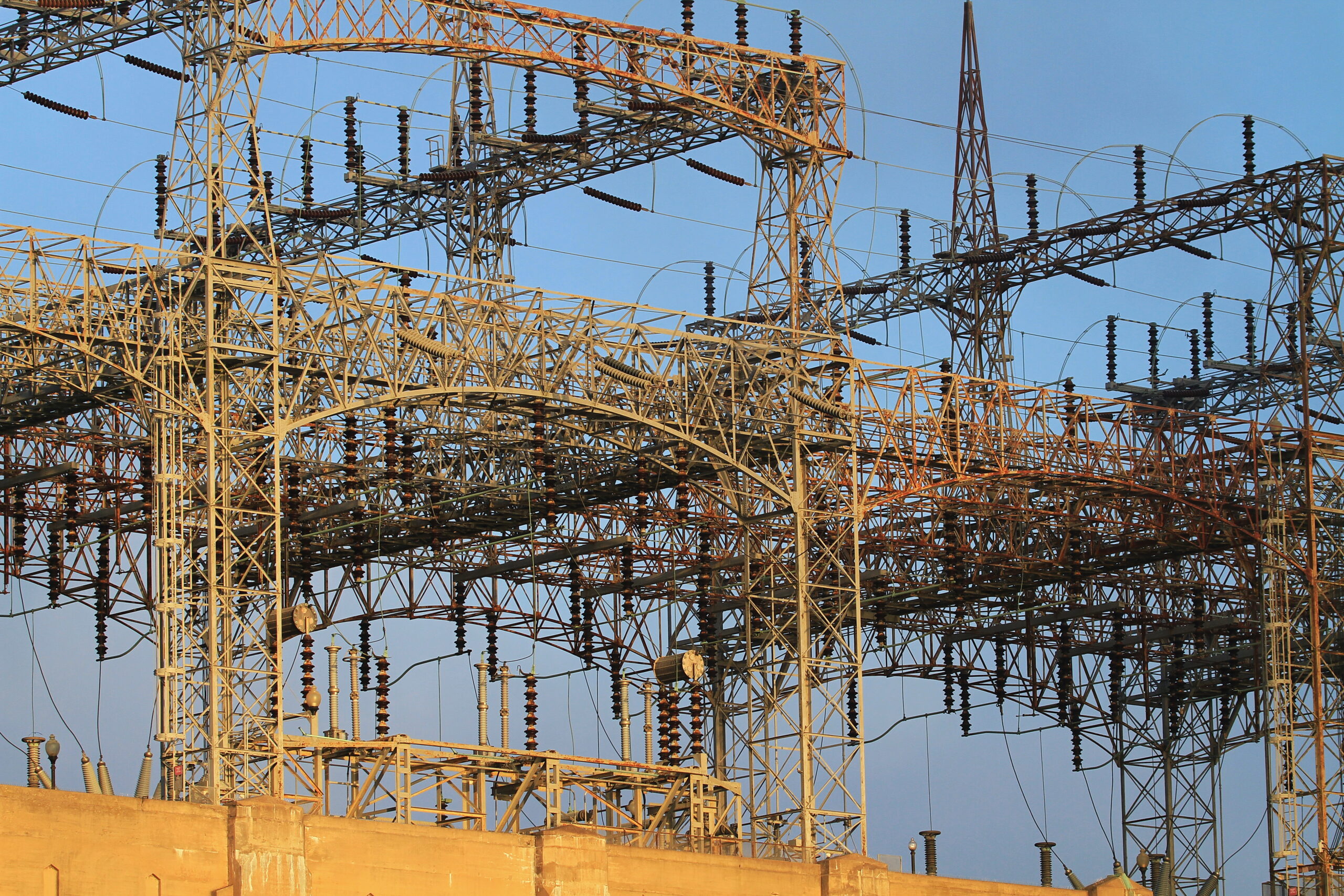People’s Counsel: Remember Texas! Md. Needs Robust Electric Distribution Planning

By David S. Lapp
The writer is director of the Office of People’s Counsel, which represents consumers on utility policy issues in Maryland.
Electric distribution system planning might not be a hot topic around Maryland dinner tables. But its importance is all too obvious, made evident a year ago when massive outages left 3.5 million Texans without power for days, causing deaths and costing billions.
Maryland is much different than Texas, but like Texas, Maryland also needs comprehensive electric distribution system planning. And it’s past time for the General Assembly to inject urgency into the discussion. House Bill 88, sponsored by Del. Lorig Charkoudian, would establish more robust, objective electric system planning, reducing consumer costs and advancing state climate goals.
General Assembly action on electric system planning is needed now. My office’s mission is to protect residential utility customers. I highlight below three reasons why the legislature should act now to benefit those customers.
First, comprehensive and transparent electric system planning will save customers money because planned investments are smarter investments. We shouldn’t invest in technologies that will or might become obsolete. Utilities are spending significant customer dollars now on the distribution system.
The Public Service Commission recently approved plans of just two of Maryland’s electric utilities that together have customers paying nearly $210 million in increased utility revenues over the next three years, all for new additional distribution system spending. That spending is happening without the planning we need to keep costs low and advance state climate policy.
Utility spending continues with little transparency, accountability or consideration of alternatives to conventional infrastructure investments in more wires and substations. Utilities are not neutral implementers of state policy. They are motivated to increase shareholder value by investing in capital. Spending large amounts on infrastructure that risks obsolescence serves utility shareholder interests better than smaller, incremental investments fine-tuned to future needs.
By requiring comprehensive electric system planning, HB88 will help prevent sinking customers’ money into technologies that will become obsolete. The bill provides an important list of state policies and technologies that distribution planning should support, including decarbonization, electrification, system resiliency, bidirectional energy flows, comparisons of non-wires alternatives, among others.
The robust evaluation anticipated in the bill is necessary for determining the least-cost, customer-funded investments. Indeed, HB 88 directs the PSC and utilities to seek federal infrastructure bill funds that would finance system investments with no customer costs.
Second, legislation is necessary because the Public Service Commission needs General Assembly guidance.
While the PSC opened a distribution planning work group last year, it has pre-determined that the utilities “should retain primary control of distribution system planning” to ensure reliability and safety. This claim overlooks the PSC’s own responsibilities for ensuring safety and reliability and least-cost approaches for customers.
A robust and open distribution planning process should enhance reliability and safety. It is regulatory rules and standards and their effective enforcement — not utility control — that produce outcomes like reliability and safety.
Evolving the system in ways that best serves customers requires PSC leadership in identifying the best and lowest cost products and services customers need, and asking the important questions: Are those products and services best provided by utility monopolies, or will competition lead to better performance? Should utilities create neutral platforms that facilitate markets for distributed resources, or should they control how those resources develop? What regulation is needed to ensure performance? Different pathways can all be safe and reliable, but with different costs; PSC-directed distribution planning should identify the path that is most likely to produce the best results for customers.
HB88’s list of policies creates a path for engaging these questions and more systematic, objective thinking about the future of the electric distribution system. Its provisions for a more inclusive stakeholder process also provide a valuable counterpoint to the utilities’ goals and motivations.
Third, General Assembly action is needed to achieve concrete action.
HB88 requires the PSC to issue regulations governing electric system planning. Regulations are needed to overcome inertia, to broaden opportunities for stakeholder input and to open new markets for customers.
The PSC has already indicated a reluctance to issue planning regulations. Rules for planning, however, are a crucial first step. Plans themselves then must be developed and implemented — a process which could take years, and which will be dragged out even longer without strong and clear planning regulations. Delay benefits utilities, raises costs for customers and hinders progress on state climate goals.
Not only is the status quo costly for consumers, it is not bringing about the system changes necessary to meet state climate policy. As the General Assembly knows from its post-derecho experience in 2011 with enacting of the Electricity Service Quality and Reliability Act, sometimes legislative action is needed to move regulation in the right direction.
This is one of those times.
The General Assembly should act now to improve electric system planning process to ensure a safe and reliable system and to promote a distribution system that will help the state meet its climate goals at least cost. It should enact HB88.
Fortunately, Maryland has not experienced the massive wake-up call that Texans experienced a year ago. But like Texans, Marylanders deserve the benefits of robust electric system planning.




 Creative Commons Attribution
Creative Commons Attribution